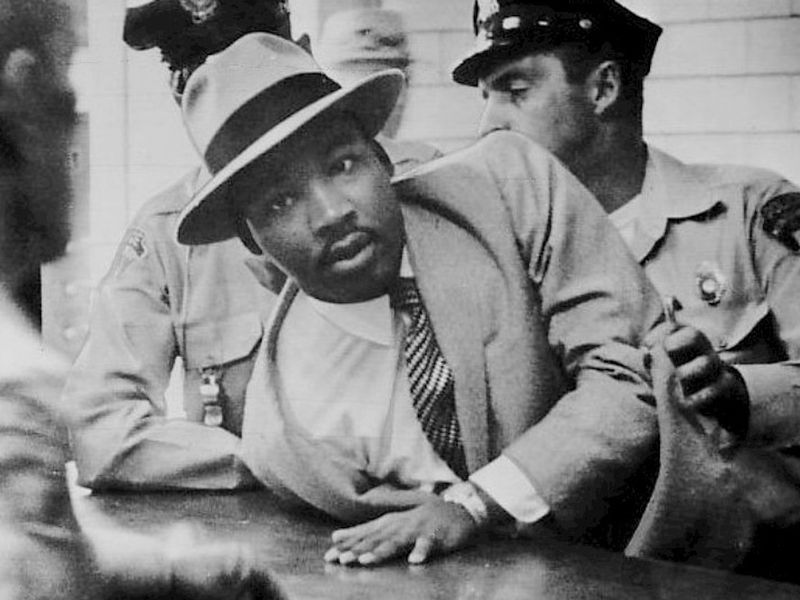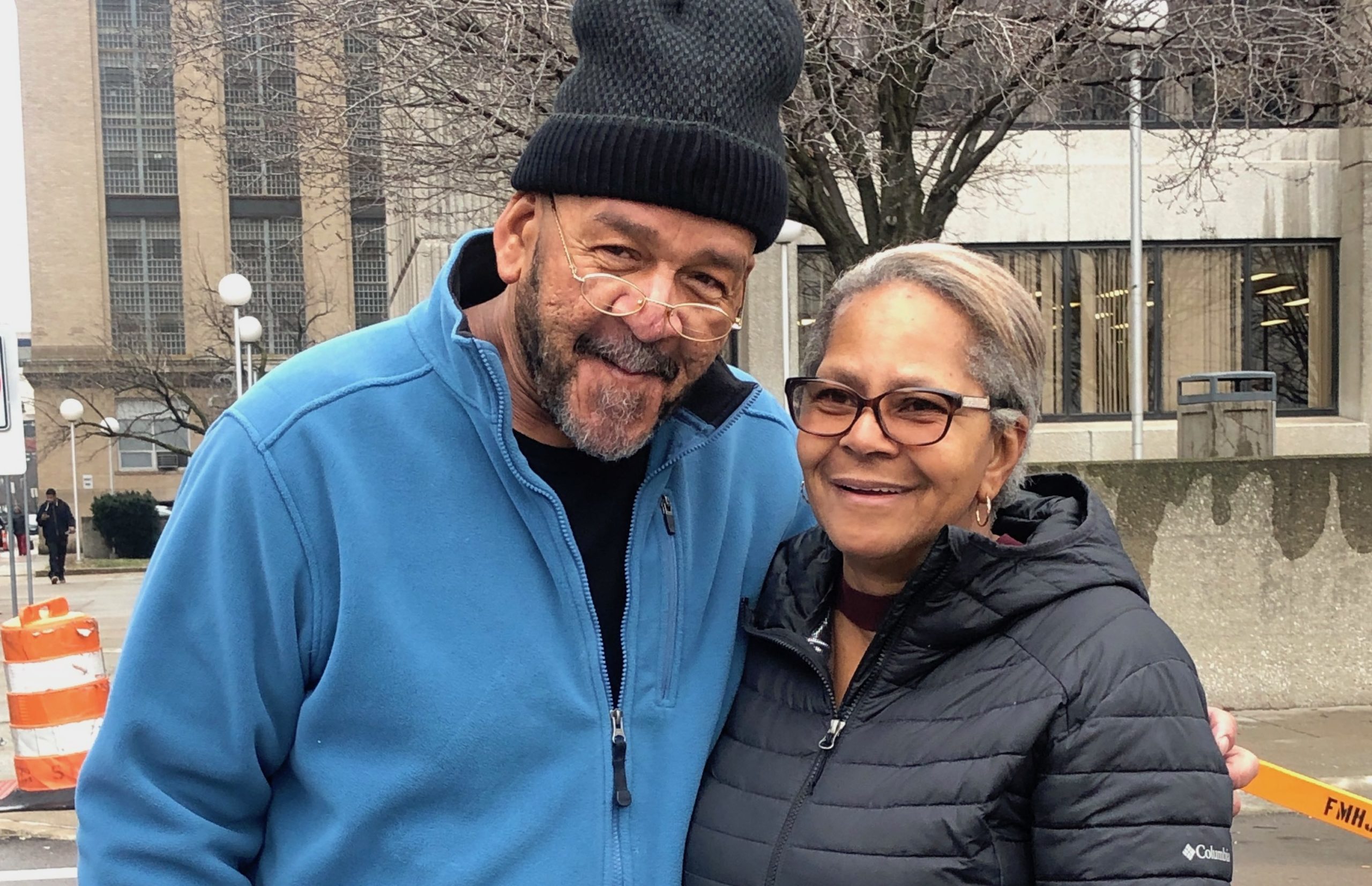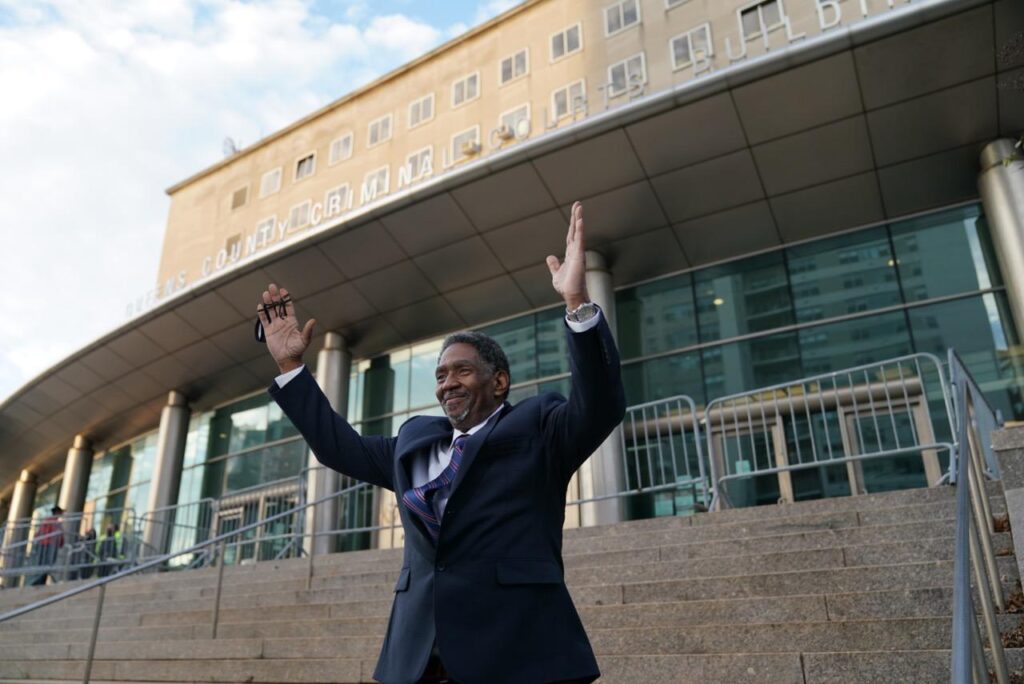On MLK Day: The Continuing Quest for Justice and Fairness
We must reckon with the hard truth that racial discrimination leads to wrongful conviction.
01.17.21 By Christina Swarns
This year, we mark Martin Luther King, Jr. Day under circumstances like no other: We witnessed a shocking assault on our nation’s capital and, even today, the threat of further violence looms. We are living through a global pandemic that has upended lives and hit communities of color with particular ferocity. The federal government carried out an unprecedented series of executions. And, in Kenosha, Wisconsin, the police shooting of another unarmed Black man will go unpunished.
These events invite us to reflect on the question famously posed by Dr. King in 1967, “Where do we go from here: chaos or community?”
The answer for the Innocence Project is, unquestionably, community. We — the Innocence Project board, staff, and supporters — cut across the political, racial, socio-economic, age, and gender spectrums, and we stand united around the fundamental principle that truth is a prerequisite for justice and fairness. We believe in science. We demand accountability. We categorically reject injustice. As eloquently stated by Dr. King, we “believe that unarmed truth and unconditional love will have the final word.”
Our work to free the staggering number of innocent people in American jails and prisons and to reform the system responsible for their unjust imprisonment is more urgent than ever. In this quest, we cannot be “more cautious than courageous.” Nor can we “remain silent behind the anesthetizing security of stained-glass windows,” as Dr. King wrote in his Letter from Birmingham Jail.
Instead, we must reckon with the hard truth that racial discrimination undermines accuracy in fact finding and contributes to wrongful conviction, as powerfully demonstrated by the data of the National Registry of Exonerations.



Thank you for all you do to help those falsely accused. May God continue to bless you and this entire organization. I can’t imagine rotting away in prison for something I did not do. It’s mind blowing. Thank you again for helping the innocent